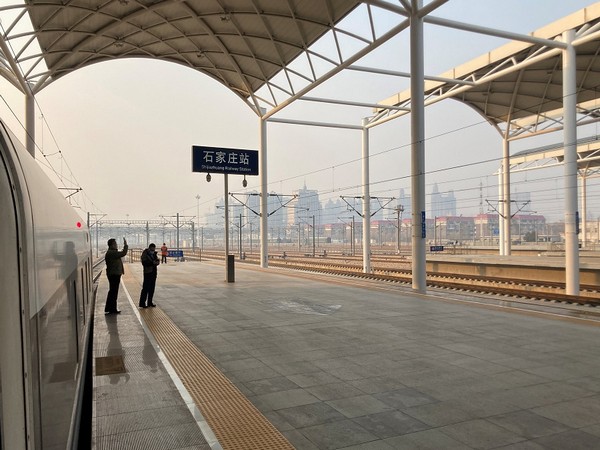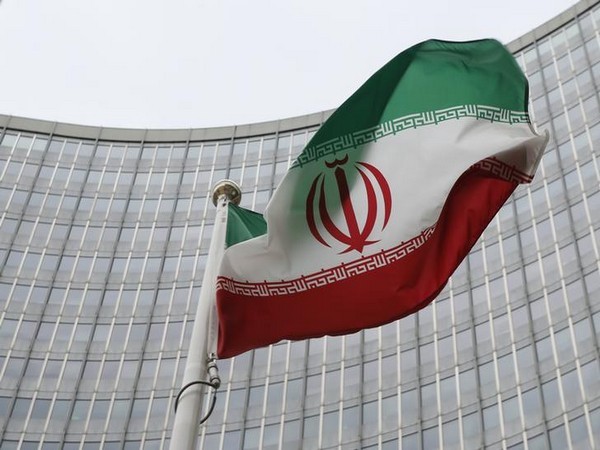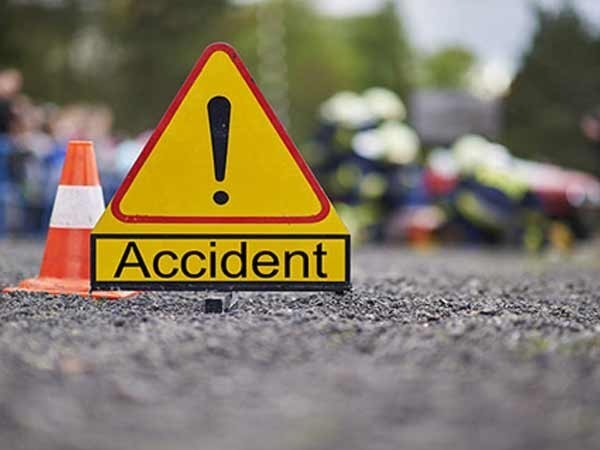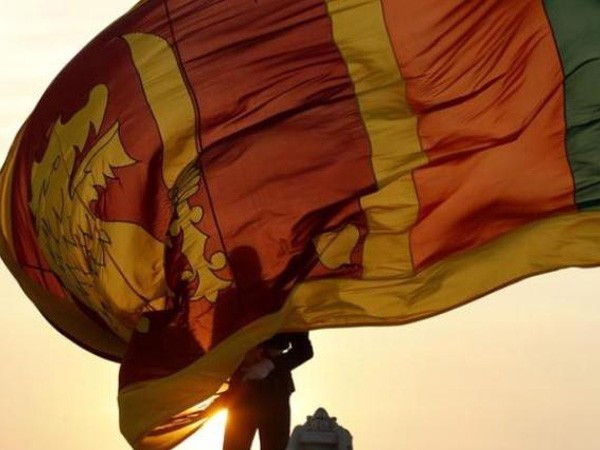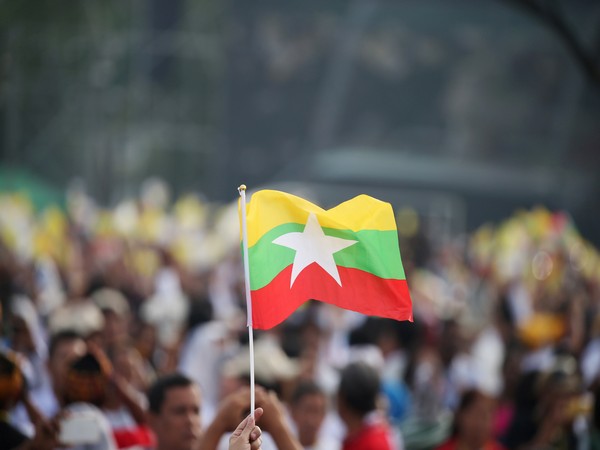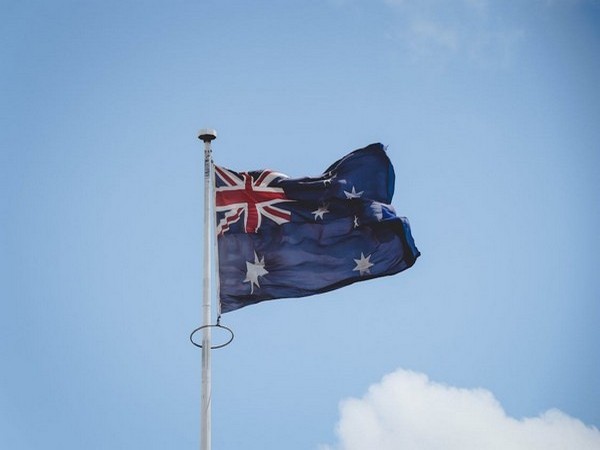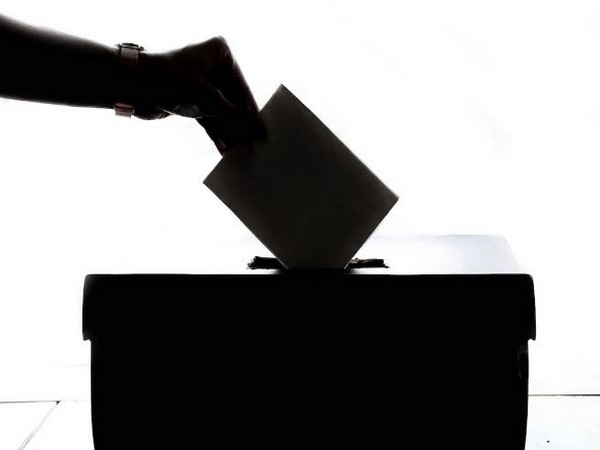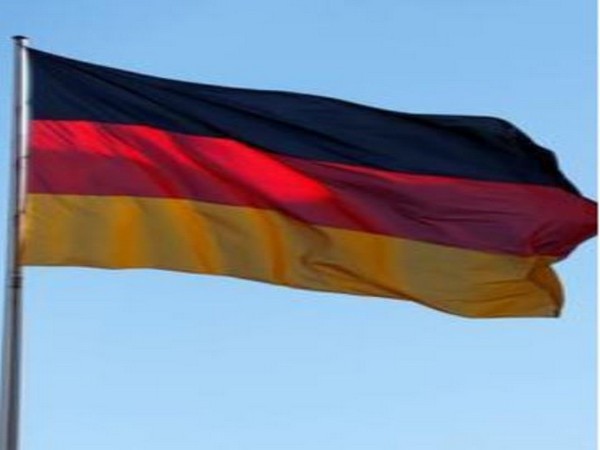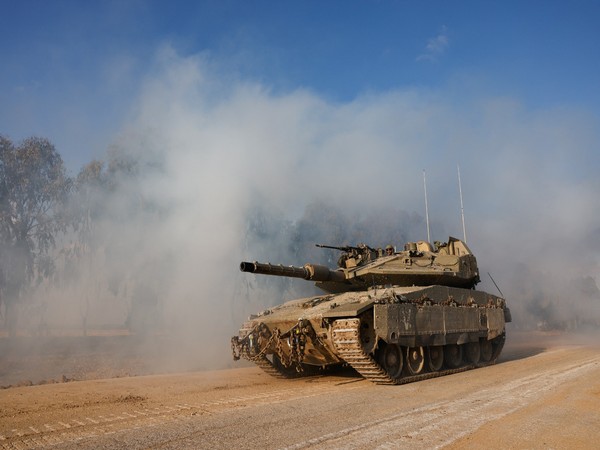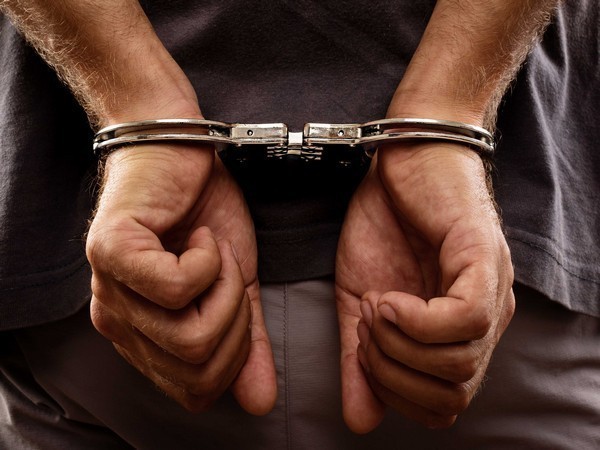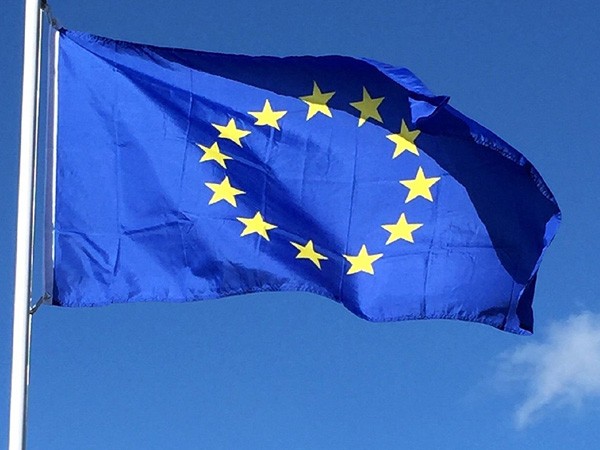
The Ministry of Foreign Affairs of Kosovo demands from EU member states measures against Serbia
Dec 28, 2022
Brussels [Belgium], December 28: In a letter, the Ministry of Foreign Affairs and Diaspora of Kosovo asked the countries of the European Union (EU) to take measures against Serbia, which, as it says, is constantly trying to destabilize the north of Kosovo, recently also by setting up barricades.
The three-page letter, which was seen by the "Telegrafi.com" agency, which published it tonight, contains a chronology and information about what happened in the north of Kosovo.
"At best, Serbia is deliberately trying to destabilize Kosovo in order to prevent dialogue from progressing, especially in the context of the newly proposed EU plan (backed by France and Germany) to normalize relations," the letter reads.
"In the worst case, the deliberate escalation and instrumentalization of criminal groups that resemble the way Serbia used to start wars in the 1990s is a really bad omen and the materialization of what the wartime regime in Belgrade has been trumpeting for years," the Ministry believes.
Further in the document sent to the EU, the Ministry of Foreign Affairs provides details from December 10, when, as it is said, "Serbian criminal groups set up barricades on the streets of northern municipalities", until the latest attacks on journalists reporting from the north.
"On December 10, Serbia orders criminal groups in the north of Kosovo to set up barricades, which is now a common measure whenever Belgrade wants to increase tensions in Kosovo. What is different this time is that Serbian President Vučić is no longer pretending that he is not behind he not only openly admits that he controls the barricades, but now legitimizes them and uses them as a political tool for destabilization," the letter reads.
The letter also mentions the "shock bomb" attack on EULEX members, Serbia's request for the deployment of Serbian troops in Kosovo, "which is eerily reminiscent of Russian tactics of invading a sovereign state (Ukraine) under the pretext of protecting their 'endangered community'".
The Ministry says that the Kosovo authorities have deliberately not yet begun dismantling the barricades in order not to raise tensions.
The letter also mentions the statements of Serbian President AleksandarVučić and, several years ago, that "Milošević was a great leader".
All events in Belgrade related to Kosovo are also mentioned chronologically.
"Serbian political leaders have been cultivating a sense of intolerance and hatred towards Kosovo Albanians for years - from the current Minister of Foreign Affairs, Dacic, who publicly threatens Serbian citizens who reveal information about the mass graves of Albanians killed during the war, to Vučić himself, who hailed Milosevic as a 'great leader who had best intentions, but our results were poor' ".
The ministry also recalls the statement of Vučić, who, "while the Serbian forces were carrying out the genocide in Srebrenica, said: 'For every killed Serb, we will kill 100 Muslims'".
In the letter, the Ministry of Foreign Affairs also mentions the detention of Serbian politician Rada Trajković, who was stopped at the border of Kosovo and Serbia for more than 20 hours, without access to water, food and basic medicines.
"On December 18, criminal groups from Serbia protest and attempt to attack the Serbian-Kosovo border, with masked individuals with 'Wagner' (Russian paramilitary organization) insignia led by DamjanKnezevic, the new apparent leader of 'Wagner' in Serbia. KFOR mission under the administration of NATO, which is located on the border of Kosovo, has confirmed the presence of criminal groups on the border," the letter states.
The letter, among other things, talks about firing firearms at members of the Latvian KFOR operating in Kosovo.
"Worse still, immediately after the attack, the Serbian media under the control of Vučić began to report that it was the Kosovo police who opened fire on Serb citizens, trying to further inflame tensions and incite armed conflicts in the north. Vučić immediately meets with his armed forces and sends the Chief of General Staff to the border with Kosovo," the Ministry of Foreign Affairs and Diaspora of Kosovo wrote in a letter to EU countries.
Source: Beta News Agency
